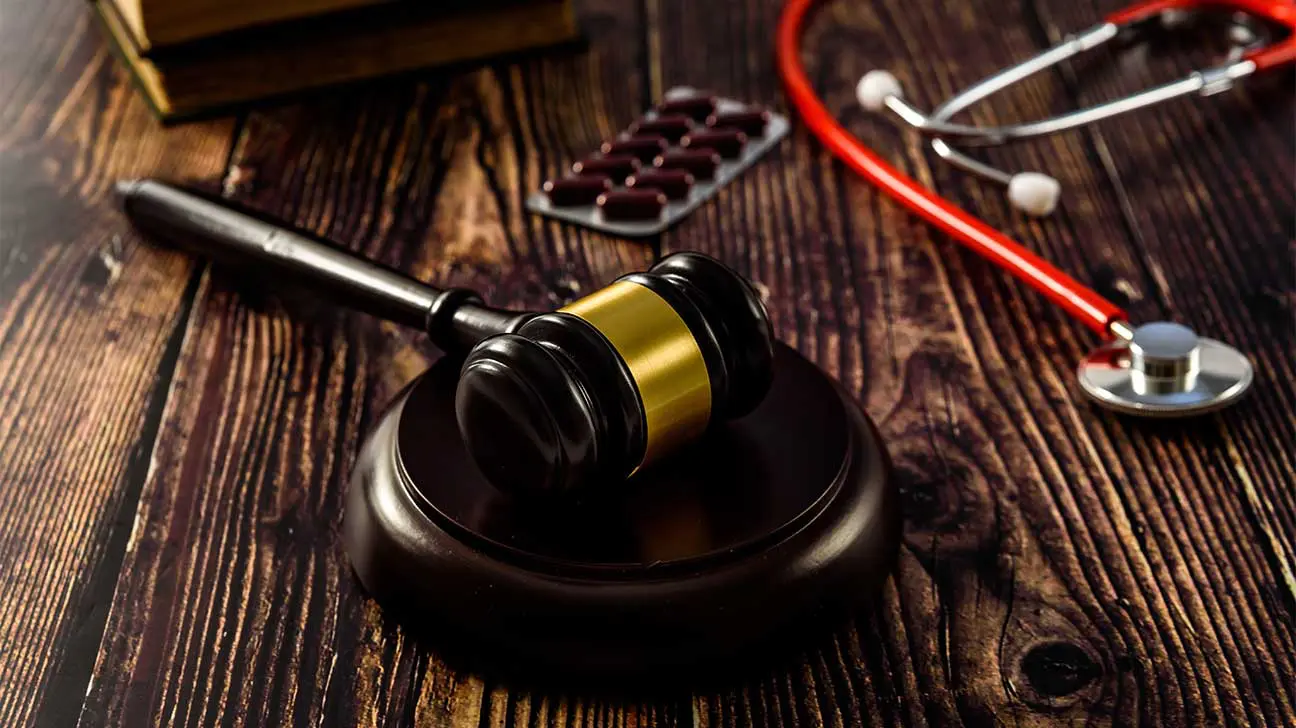
According to the Drug Policy Alliance, more than 1.5 million people in the United States were arrested for drug-related violations in 2019. The majority of these arrests—nearly 90 percent— were for the possession of a controlled substance.
Drug and alcohol abuse has a strong connection to the criminal justice system.
According to the Bureau of Justice Statistics, more than half of the 2.3 million people behind bars in the United States are estimated to have a substance use disorder.
Too often, prison and jail time are used as punitive responses to substance abuse and drug addiction.
While jails house people with sentences of less than a year, prisons can hold people for one year to life.
Drug Rehab As An Alternative To Prison
Drug and alcohol rehab programs can serve as a humane and effective alternative to jail and prison time for people with substance use disorders who are arrested for nonviolent offenses.
In recent years, this alternative has gained greater support among policy experts, lawmakers, and the public more broadly.
This is for a number of reasons, including moral arguments for diversion, the cost-effectiveness of reducing prison populations, and the benefits that treatment can provide for people struggling with addiction.
What Types Of Drug-Related Crimes Lead To Jail And Prison Time?
There are a number of drug-related crimes that can lead to a jail or prison sentence. Drugs can be either directly or indirectly related to the crime a person is charged with.
Drug-related crimes can include:
- drug possession
- sale of illicit drugs
- manufacturing illicit drugs
- driving under the influence
- burglary
- property damage
Data from the U.S. Department of Justice shows that the majority of people arrested on drug-related violations are charged with drug possession—a non-violent offense.
People can be sentenced to jail time, prison time, or drug addiction treatment based on state or federal laws, with limited power afforded according to the discretion of a judge in a drug court.
Why Rehab Can Be A Better Alternative To Incarceration
According to the National Institute on Drug Abuse, an estimated 85 percent of the prison population either has a substance use disorder or is incarcerated due to drug-related crimes.
Despite this, only a small percentage of jail and prison systems even offer drug treatment, which may include drug detox services, counseling, 12-step programs, and medication.
Substance abuse experts and researchers emphasize that drug treatment is a more effective, healthful, and cost-saving alternative to incarceration.
Providing rehab rather than jail or prison time can:
- prevent a cycle of crime
- reduce societal costs
- reduce drug use
- reduce the risk of drug overdose following release
- improve long-term health outcomes
- improve recovery rates
Drug Treatment Reduces Recidivism (Repeat Offenses)
Providing people with substance abuse treatment—including detox, medication-assisted treatment, and behavioral therapy—can reduce the likelihood of repeat offenses once a person is released.
When an addicted person is able to get the help they need, they are less likely to get re-arrested for the same or other crimes.
Most Jails And Prisons Don’t Offer Evidence-Based Treatment
According to the Substance Abuse and Mental Health Services Administration (SAMHSA), the majority of people with mental illness and substance abuse issues don’t receive treatment.
Unfortunately, this also extends to people incarcerated in jail or prison—with dire consequences.
Most jails, which largely hold people who have not yet been convicted of a crime, don’t offer medical detox services.
This can result in a highly uncomfortable and potentially life-threatening experience of withdrawal—especially for people addicted to alcohol, benzodiazepines, or opioids.
Of the jails and prisons that do offer detoxification, most still don’t offer effective treatments beyond that—such as behavioral therapy, support groups, or medications for opioid addiction.
How Do You Go To Rehab Instead Of Jail Or Prison?
Drug rehab by court order can be an effective and cost-saving alternative to incarceration. Drug courts can mandate drug treatment instead of a jail or prison sentence for eligible offenders.
People who receive court-ordered treatment as a sentence may be required to:
- complete regular drug screens
- attend individual counseling and support groups
- regularly report their progress to the court
Depending on the nature of the offense, additional requirements may apply.
Requirements of court-mandated rehab programs can vary depending on where you live, based on local and state laws.
Getting Help For Drug Addiction
Millions of people struggle with substance abuse and addiction each year. If you or a loved one is struggling with addiction, finding effective treatment can provide a world of difference.
Treatment for substance abuse can:
- provide supportive coping skills
- help people get off drugs or alcohol
- provide relief for withdrawal symptoms
- connect people to housing, education, and job assistance services
- reduce risk of criminal behavior
- reduce the risk of overdose
- break the cycle of addiction
If you or a loved one is struggling with drug addiction, we may be able to help. Call our helpline today to find a drug or alcohol treatment center near you.
Addiction Resource aims to provide only the most current, accurate information in regards to addiction and addiction treatment, which means we only reference the most credible sources available.
These include peer-reviewed journals, government entities and academic institutions, and leaders in addiction healthcare and advocacy. Learn more about how we safeguard our content by viewing our editorial policy.
- Drug Policy Alliance—Arrests, Law Enforcement, and Criminal Justice | Drug Policy Facts
https://www.drugpolicyfacts.org/chapter/crime_arrests - Prison Policy Initiative—Mass Incarceration: The Whole Pie 2020
https://www.prisonpolicy.org/reports/pie2020.html - Sage Journals—Lifetime Benefits and Costs of Diverting Substance-Abusing Offenders from State Prison
http://journals.sagepub.com/doi/abs/10.1177/0011128712461904 - The Marshall Project—The Hidden Cost of Incarceration
https://www.themarshallproject.org/2019/12/17/the-hidden-cost-of-incarceration - U.S. National Institute on Drug Abuse (NIDA)—Criminal Justice DrugFacts
https://www.drugabuse.gov/publications/drugfacts/criminal-justice


